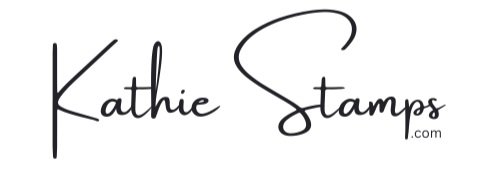Grammar overview
A grammatical toast you can use on a special day (Tuesday?) with your fizzy or filtered water.
Parts of speech, punctuation, syntax, vocabulary—put them all together and you have grammar, the study of the classes of words and their functions.
Classes of words (parts of speech)
Language itself is dynamic. Methinks we doth not speaketh the same way we did hundreds of years ago. While vocabulary words and expressions will always be changing, the parts of speech remain the same. A noun has always been a person, place or thing; an adjective describes a noun or pronoun and always will. Let’s take a look at these eight parts of speech, also known as classes of words, that have remained consistent for centuries.
The eight parts of speech are adjectives, adverbs, conjunctions, interjections, nouns, pronouns, prepositions, verbs.
”Oh dear! Surely you and I can write a complete sentence with all of them.”
Oh dear (interjection)
Surely (adverb)
You (pronoun)
And (conjunction)
Write (verb)
Complete (adjective)
Sentence (noun)
With (preposition)
Punctuation
Punctuation marks serve to separate, clarify or otherwise enhance the meaning of words or sentences. Punctuation and puncture have the same Latin root, punct, which means to prick, stab or point. In ancient writings, dots and slashes told speakers where to pause. Maybe their quill pens pricked the papyrus when they made these markings?
Commonly used punctuation marks include:
‘ apostrophe
: colon
, comma
… ellipsis
! exclamation point
- hyphen
( ) parentheses
. period
? question mark
“ quotation mark
; semicolon
More names for keyboard symbols and characters:
< > angle brackets
{ } braces or curly brackets
[ ] brackets or square brackets
— em dash
– en dash
# octothorpe or pound sign or hashtag
/ solidus or forward slash
\ reverse solidus or backslash
~ tilde
| virgule or pipe
Style
Style is the practice of being consistent with spelling and word choices. Style picks up where grammar leaves off. Do you have lunch with a co-worker or a coworker? If you follow Associated Press Stylebook, a co-worker. According to Chicago Manual of Style, a coworker.
AP uses the hyphenated co- for occupations (co-author, co-founder, co-pilot) and status (co-host, co-sponsor, co-star). Chicago doesn't use a hyphen with these terms (coeditor, coworker). Both style guides would have you collect an egg from a coop or buy a dozen at a co-op.
Syntax
Syntax is the arrangement of words and formation of phrases or sentences. In your part of the world, do you put an adjective before or after a noun? In English, we describe the noun first. A blue shirt, instead of a shirt blue.
Vocabulary
Vocabulary is a list or collection of words. Increase your vocabulary by adding new words to writings and conversations.

